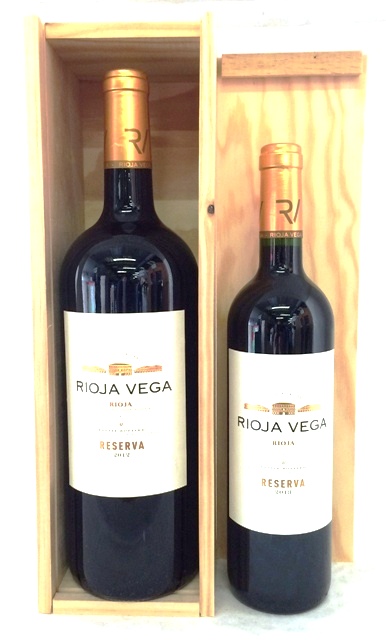Description
With more medals than Mr T and in magnum almost as big, this Reserva is awesome – “I pity the fool who brings a wine to compete with this”. Red fruit softened with its extended time in oak. Rich, dark vanilla pod, cocoa bean and smooth mocha this is a cracking drop and there is plenty in bottle to share around.
| GRAPE | Tempranillo, Graciano, Mazuelo | CLOSURE | Cork |
| REGION | Rioja | VEGETARIAN | Yes |
| VINTAGE | 2018 | VEGAN | Yes |
| ABV | 14% | ORGANIC | No |
DRY *________|________|________|________| SWEET
LIGHT |________|________|________|________ * FULL BODIED
NO OAK |________|________|________|________ * OAKY





